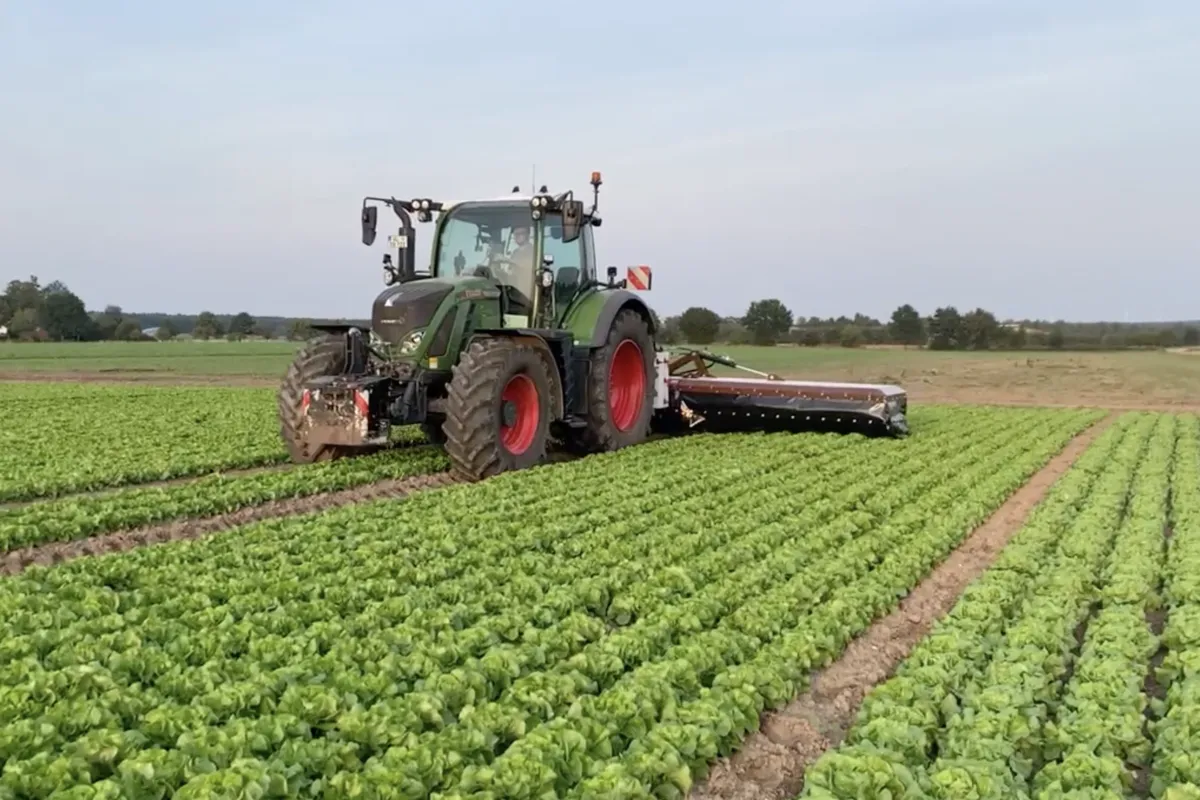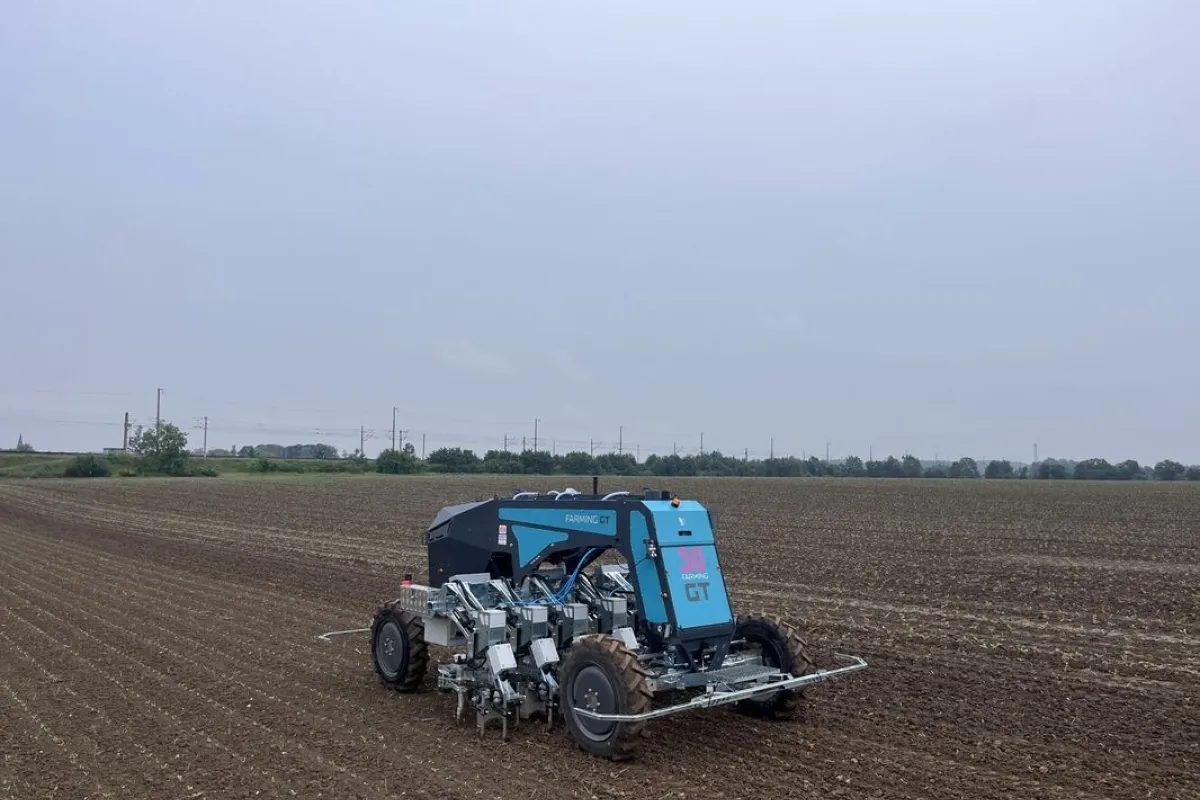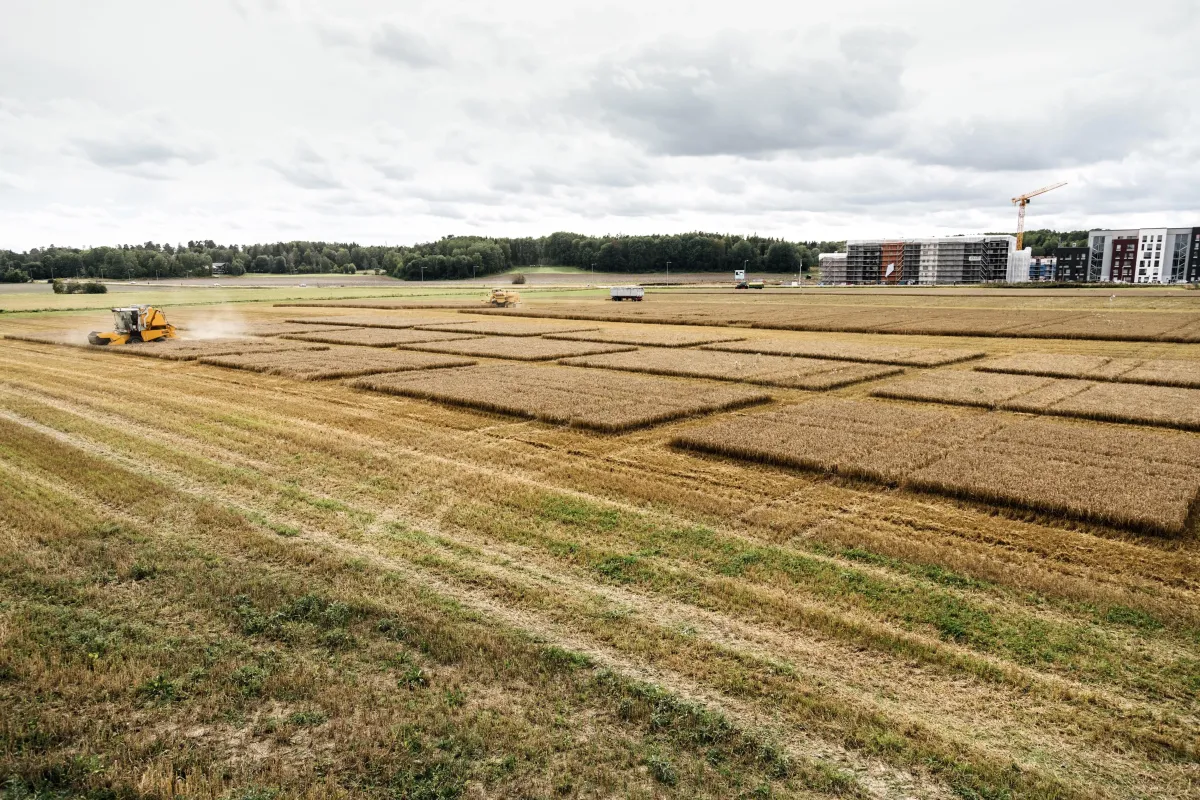
Overview
The test assesses the accuracy of crop production robots in following precise paths across different terrains, simulating typical agricultural tasks. The test uses advanced laser tracking to measure how well the robot follows a set trajectory, including straight and curved paths, on slopes and amidst obstacles. This enables manufacturers to ensure that their robots meet performance standards for real-world field operations. A detailed report is provided, helping optimise robot performance for outdoor mobility in agricultural settings. A manufacturer’s representative must oversee the process. This test is part of a series known as ARPA: Agricultural Robot Performance Assessment. It is identified as ARPA n (where n is 1, 2, 3, etc.) for tests that focus on safety functions and as ARPA XXn for other performance evaluations.
More about the service
Testing is available year-round, with possible restrictions during the winter season due to soil and weather conditions. Each test lasts approximately five days, depending on the conditions established during the technical meeting, and is carried out on the premises of INRAE - Montoldre - AgroTechnoPôle in France (just two hours from Lyon).
A manufacturer's representative must oversee the process to ensure the machine operates correctly during testing. The robot's technical and user manuals must be submitted in advance. Customers will receive a detailed technical report on the test. This service is aimed at manufacturers of agricultural robots and safety systems.
This test is part of an ARPA: Agricultural Robot Performance Assessment series. It is identified as ARPA n (where n is 1, 2, 3, etc.) for tests focusing on safety functions and as ARPA XXn for other performance evaluations.
The ARPA PC1 test must be done with a manufacturer's technical representative present. Their presence helps ensure the test is accurate and addresses any technical difficulties. Additionally, providing technical manuals in advance is a requirement for the test.It's crucial to plan for the ARPA PC1 test. For instance, conducting the tests during the winter may not be possible, so customers should plan accordingly. This foresight will ensure a smooth testing process and accurate results.



